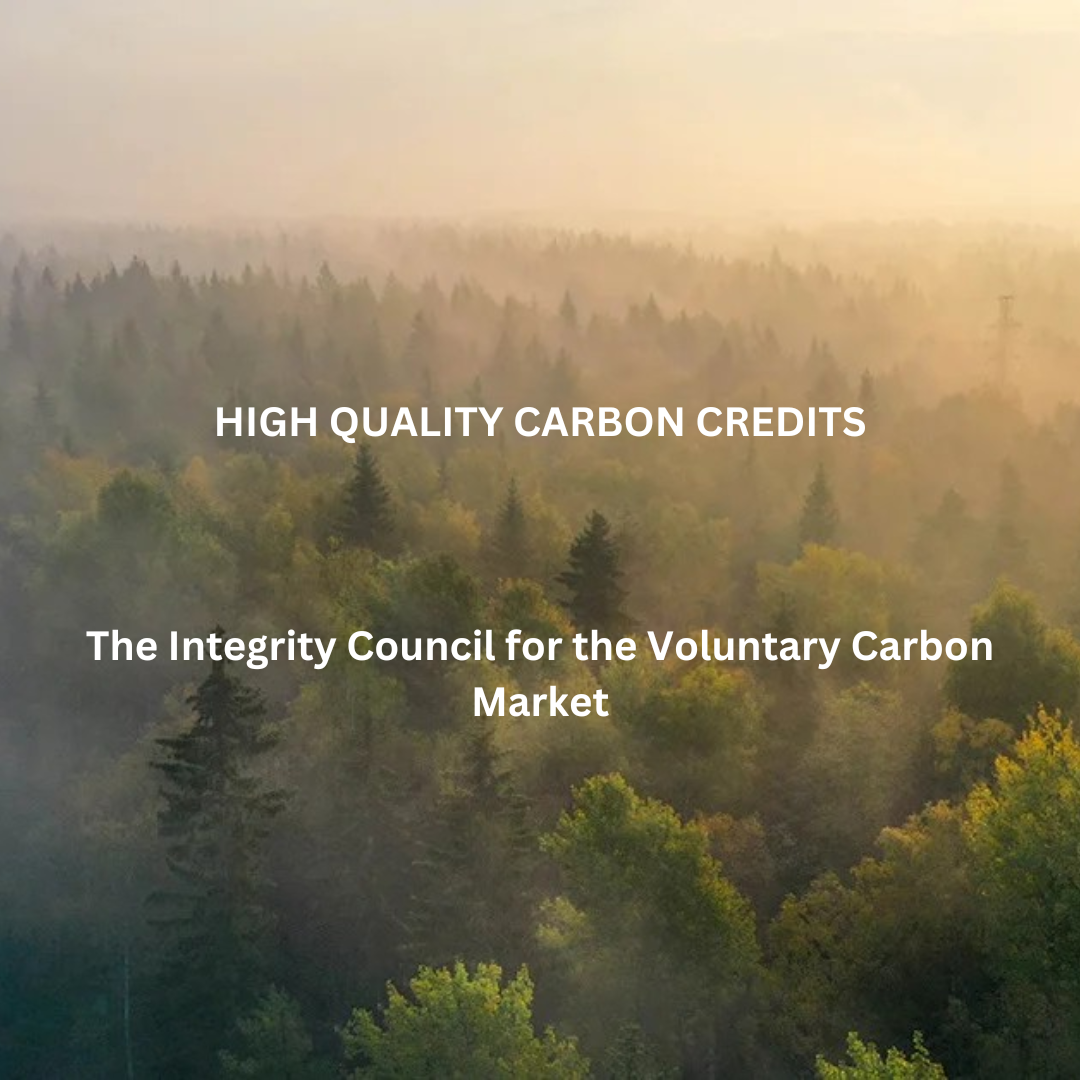The Integrity Council for the Voluntary Carbon Market is a non-profit, independent governance body that aims to set and maintain a global standard for high integrity in the voluntary carbon market, unlocking private climate and carbon finance that would not otherwise be deployed.
Voluntary carbon markets (VCMs) have grown rapidly, with companies and organizations purchasing carbon credits to offset their emissions. However, the growth of these markets has raised concerns about the integrity, transparency, and effectiveness of the carbon credits being traded. This is where a body like the “Integrity Council for the Voluntary Carbon Market” (ICVCM) comes into play.
Here are the key reasons why VCMs needed a body like the ICVCM:
- Standardization and Credibility:
VCMs have faced criticism for the lack of standardized criteria for what constitutes a high-quality carbon credit. The ICVCM aims to establish and enforce robust standards, ensuring that the credits being traded actually represent real, measurable, and additional reductions in greenhouse gas emissions. This helps build trust and credibility in the market. - Transparency:
Without a governing body, VCMs can be opaque, making it difficult for buyers to assess the true impact of their purchases. The ICVCM promotes transparency by setting guidelines for the disclosure of information about projects, methodologies, and the overall impact of carbon credits. - Avoiding Greenwashing:
Greenwashing occurs when companies make misleading claims about their environmental efforts. By enforcing rigorous standards, the ICVCM helps to prevent companies from using low-quality carbon credits to falsely claim they are reducing their carbon footprint. - Ensuring Environmental Integrity:
Some carbon credits in the past have been criticized for not delivering the promised environmental benefits, or even for causing harm (e.g., displacing communities or damaging ecosystems). The ICVCM works to ensure that carbon credits contribute to real and lasting environmental benefits, rather than just providing a financial mechanism with little real-world impact. - Market Stability and Growth:
A well-regulated market with clear rules and standards is more attractive to participants. By providing a framework that ensures the quality and integrity of carbon credits, the ICVCM helps to foster confidence among buyers and sellers, which is essential for the long-term growth and stability of VCMs. - Global Coordination:
Carbon markets operate globally, and the ICVCM serves as a coordinating body that can align different regional and sectoral efforts. This helps in creating a more unified and effective global approach to carbon offsetting.
In summary, the ICVCM was established to address the challenges of credibility, transparency, and environmental integrity in VCMs, ensuring that these markets can function effectively and contribute meaningfully to global climate goals.




Leave a Reply